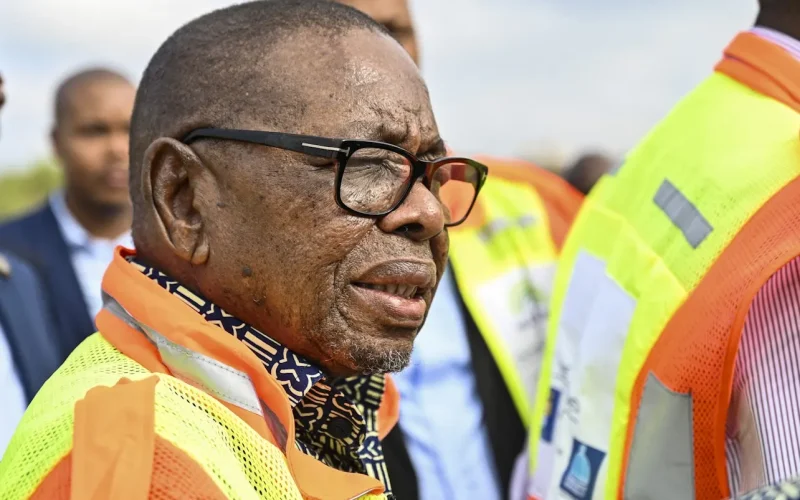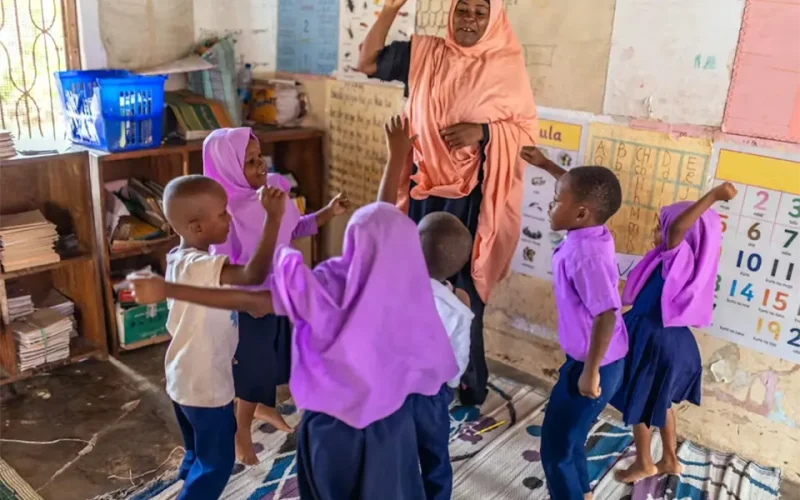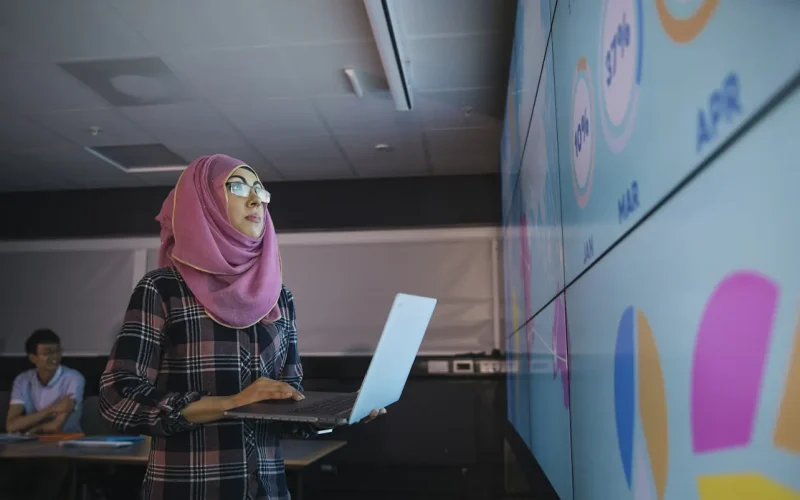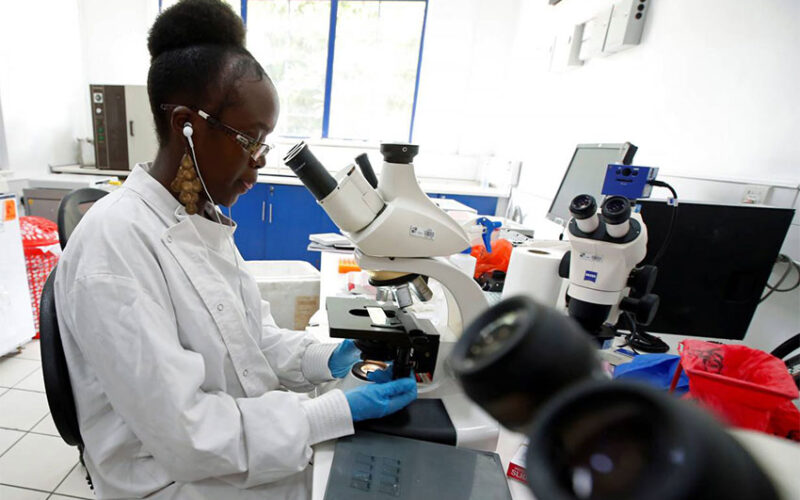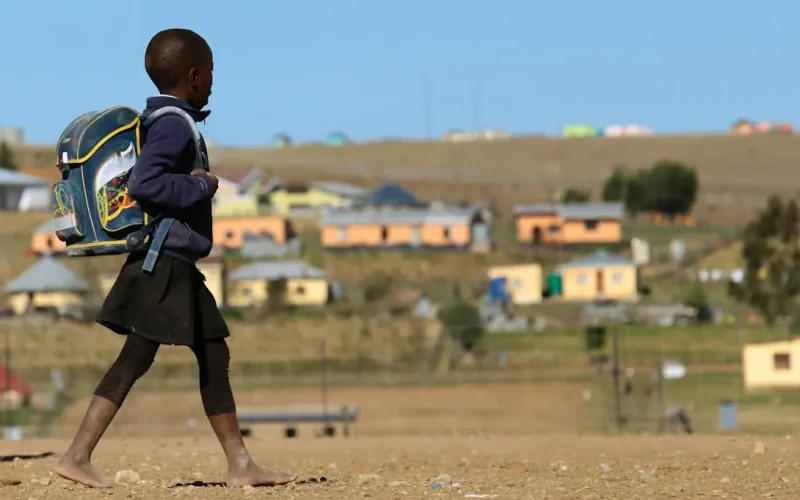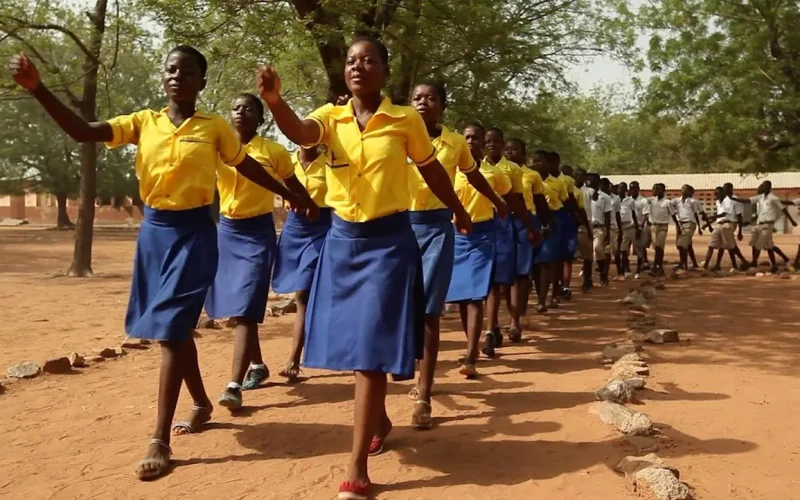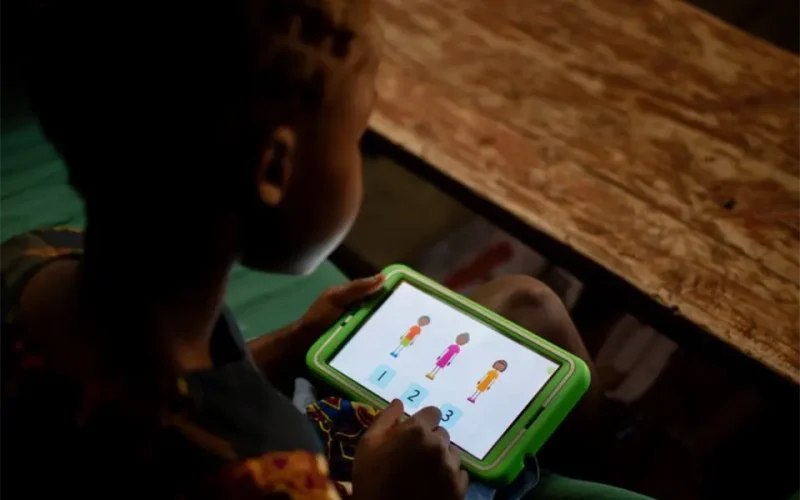
Malawi’s school kids are using tablets to improve their reading and maths skills
MALAWI introduced free primary education in 1994. This has significantly improved access to schooling. However, the country – which is one of the poorest in the world – still faces a high learning poverty rate of 87%. Learning poverty is a measure of a child’s inability to meet minimum proficiency in reading, numeracy and other skills at the primary school level. Malawi’s rate means that 87% of children in standard 4, at age 10, are unable to read. Only 19% of children aged between 7 and 14 have foundational reading skills and 13% have foundational numeracy skills. This leads to…


